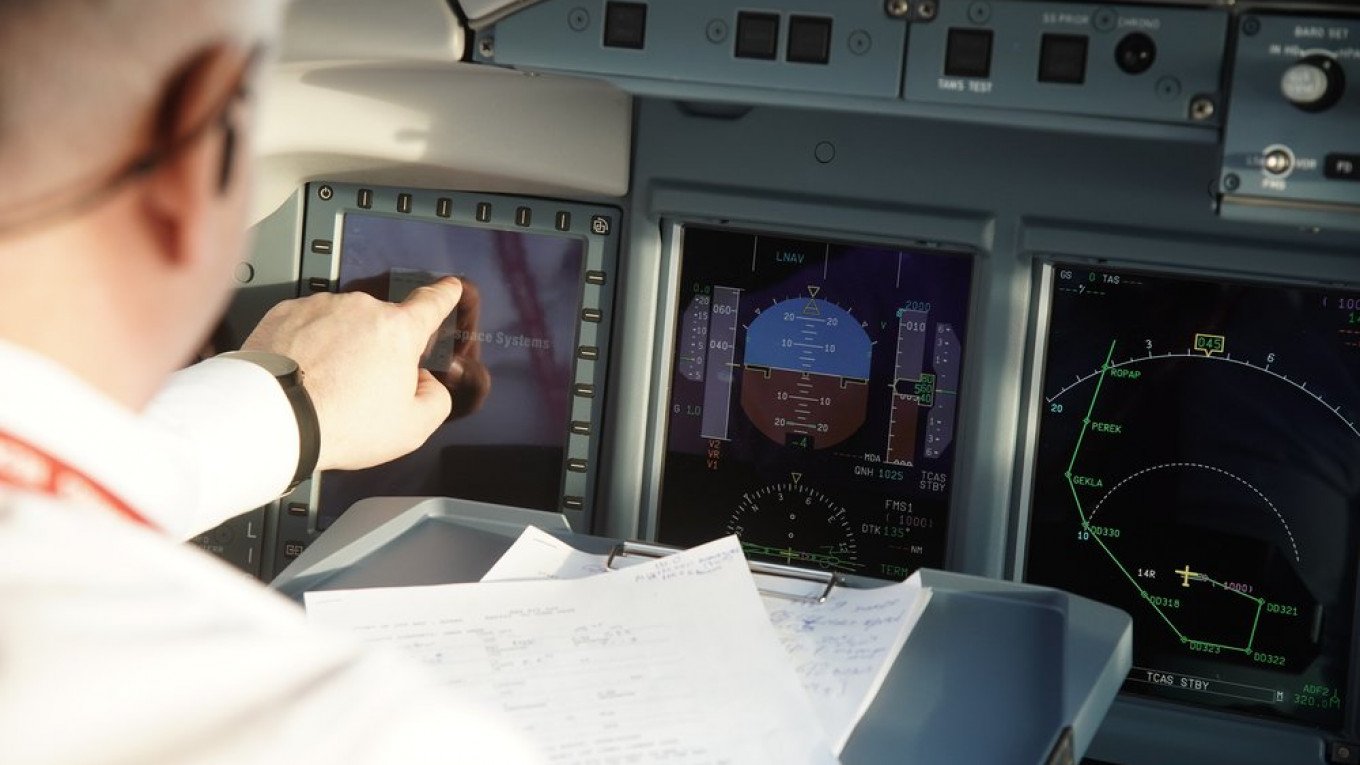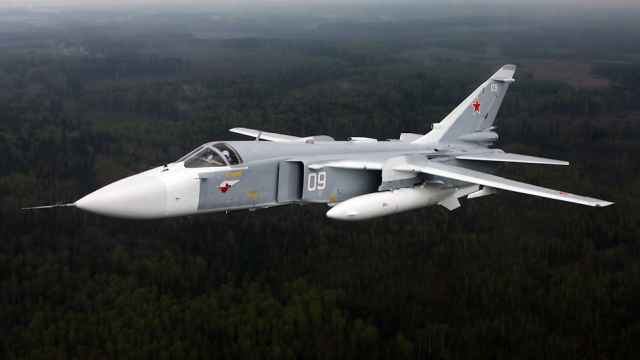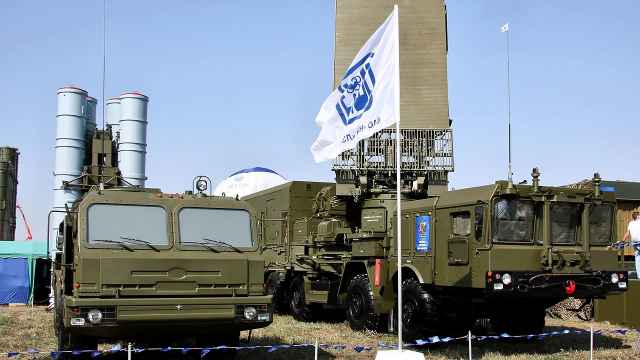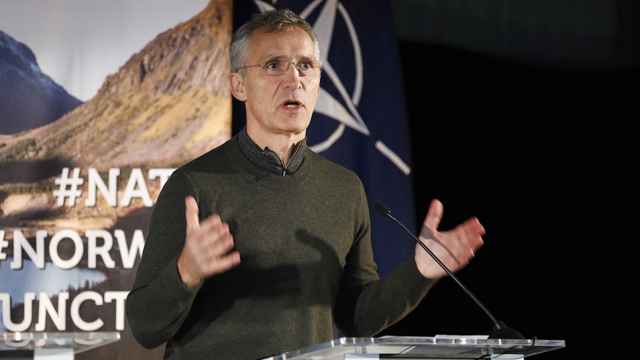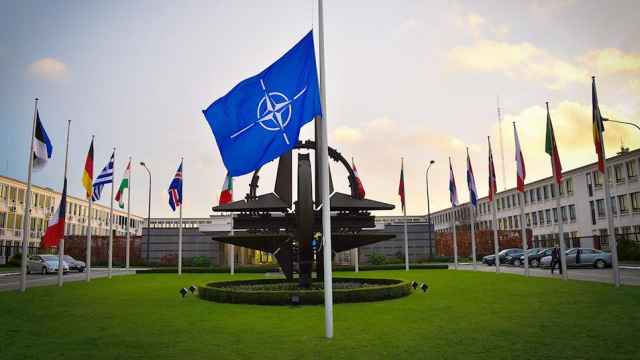The Open Skies Treaty, which Russia says it is leaving after the U.S. quit last year, was agreed just after the Cold War to allow signatories to avoid nasty surprises by monitoring rival militaries.
Moscow and Washington had long accused each other of breaching its terms, and President Donald Trump formally pulled the U.S. out last November.
Trump's administration said the Kremlin had "weaponized" the treaty to target "critical infrastructure" in the U.S. and Europe and prevented American flights over its exclave Kaliningrad.
The U.S. withdrawal came despite the dismay of Washington's European allies, who remain attached to the treaty as part of their continent's security architecture.
Now Moscow has announced it is pulling out as well after a "lack of progress" in keeping the treaty functioning following the U.S. decision to quit.
The Russian foreign ministry said Friday that the United States had used a "fictitious pretext" for its withdrawal and in doing so disturbed "the balance of interests of the participating states."
It said Russia had put forward proposals to retain the "viability" of the treaty but did not receive support from Washington.
During Trump's tenure the United States withdrew from two major international accords — the Iran nuclear deal and the Open Skies treaty — and pulled out of a centerpiece arms control agreement with Russia, the Intermediate-Range Nuclear Forces (INF) treaty.
Observation
The Open Skies Treaty made it possible to conduct joint unarmed observation flights over the territories and to take images using sensors of a predefined resolution.
It also allowed signatories to request copies of all images taken during overflights carried out by others.
Overflights have been governed by quotas, negotiated annually and assigned to specific aircraft. The United States, for example, was allowed to operate Boeing OC-135 planes with infrared scanners.
The country under surveillance has been given 72 hours' warning of a flight and 24 hours notice of the route, to which it can suggest modifications.
The treaty laid down which air bases can be used for the flights and at which points they can cross into each other's airspace. Russia and the U.S. had four such bases each.
A committee to oversee the implementation of the treaty came together in Vienna every month at the headquarters of the Organization of Security and Cooperation (OSCE) in Europe.
"Its unique feature consists in the fact that during overflights, representatives of both the observing state and the observed state can sit together in one aircraft," said Alexander Grief and Moritz Kutt, researchers at the Institute for Peace Research and Security Policy in Hamburg, in a report.
They warned the U.S. withdrawal would be an important loss for its NATO allies in Europe as most of them did not possess satellite reconnaissance capabilities.
Beyond the U.S. and Russia — the remaining signatories of the treaty are Belarus, Belgium, Bosnia and Herzegovina, Bulgaria, Canada, Croatia, Czech Republic, Denmark, Estonia, Finland, France, Georgia, Germany, Greece, Hungary, Iceland, Italy, Latvia, Lithuania, Luxembourg, Netherlands, Norway, Poland, Portugal, Romania, Slovakia, Slovenia, Spain, Sweden, Turkey, Ukraine, United Kingdom. Kyrgyzstan has signed, but not ratified the treaty.
A Message from The Moscow Times:
Dear readers,
We are facing unprecedented challenges. Russia's Prosecutor General's Office has designated The Moscow Times as an "undesirable" organization, criminalizing our work and putting our staff at risk of prosecution. This follows our earlier unjust labeling as a "foreign agent."
These actions are direct attempts to silence independent journalism in Russia. The authorities claim our work "discredits the decisions of the Russian leadership." We see things differently: we strive to provide accurate, unbiased reporting on Russia.
We, the journalists of The Moscow Times, refuse to be silenced. But to continue our work, we need your help.
Your support, no matter how small, makes a world of difference. If you can, please support us monthly starting from just $2. It's quick to set up, and every contribution makes a significant impact.
By supporting The Moscow Times, you're defending open, independent journalism in the face of repression. Thank you for standing with us.
Remind me later.


